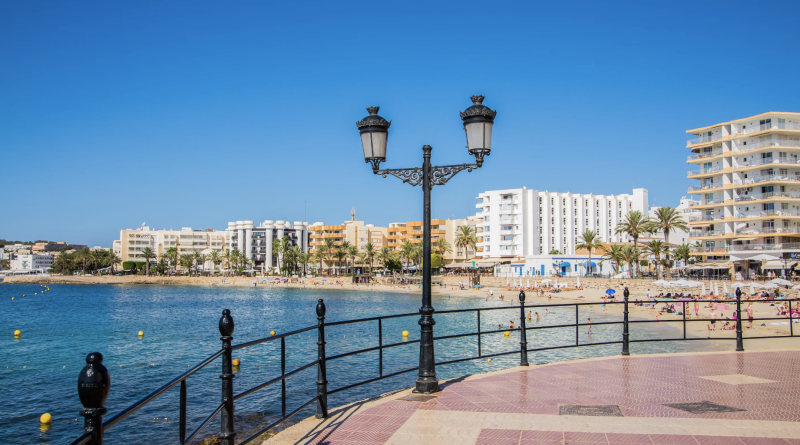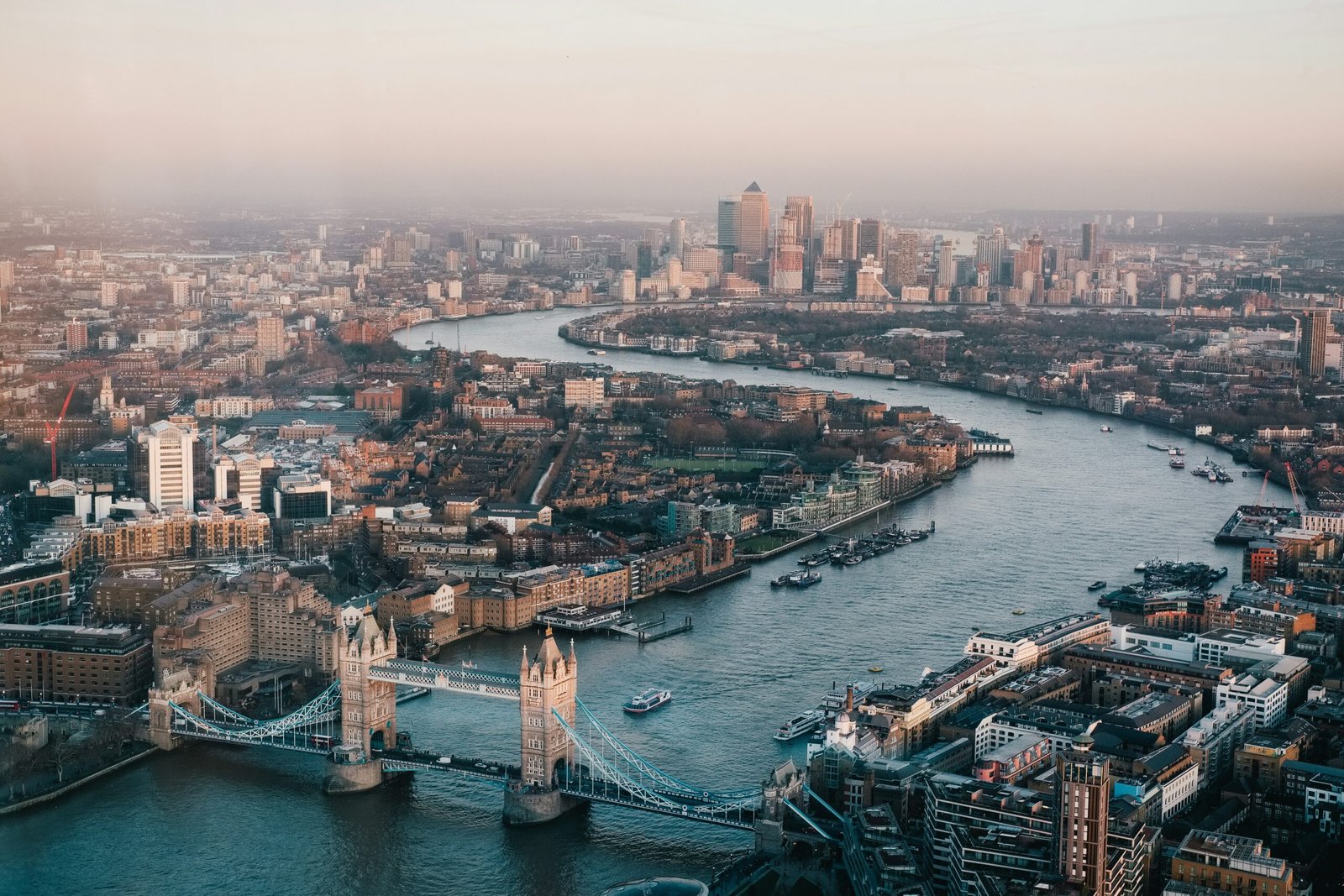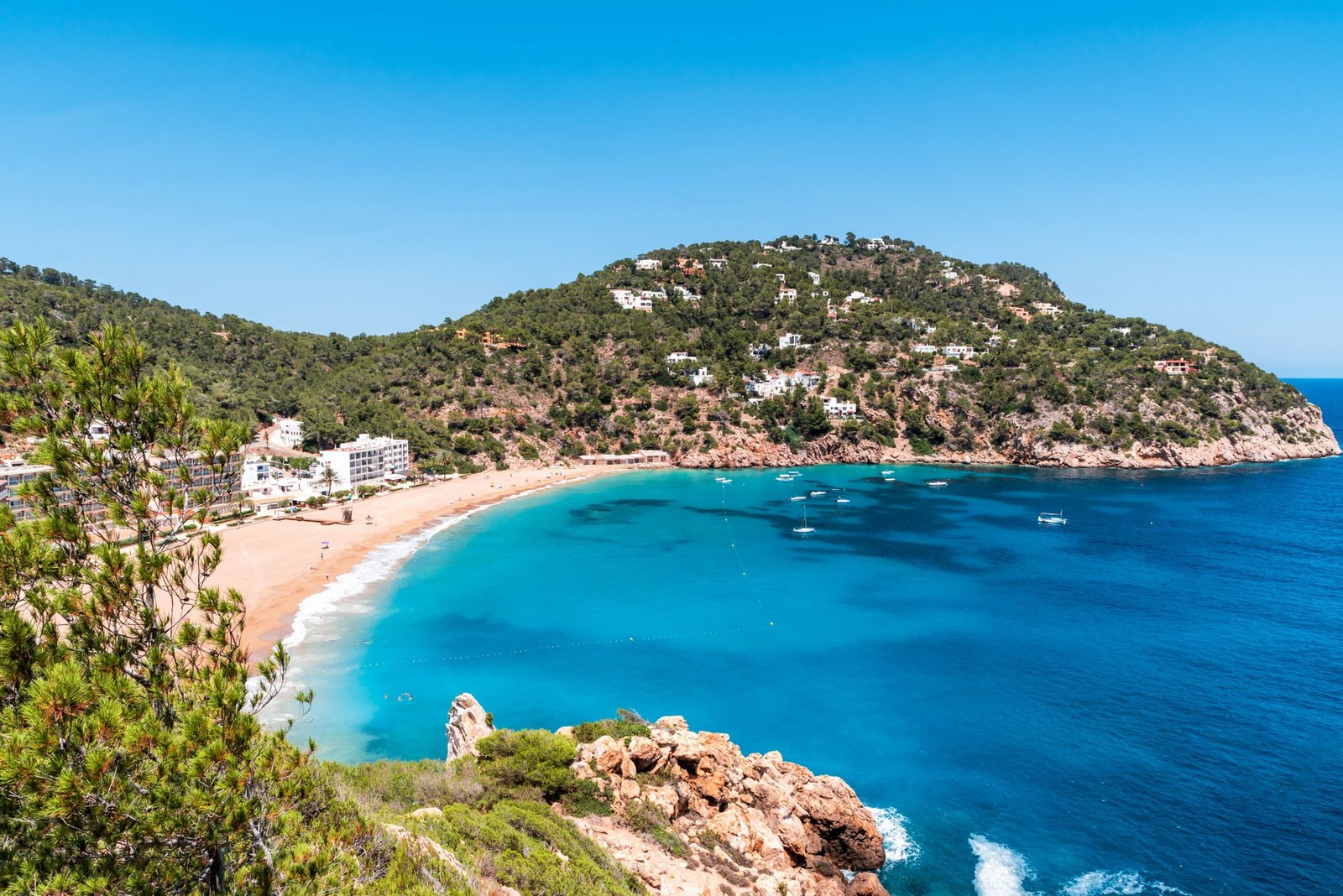Spain: Ibiza’s Island Council [Consell d’Eivissa] and Airbnb have struck a landmark agreement to crack down on illegal tourist accommodation listed on the platform.
The agreement, signed by Ibiza Council leader Vicent Marí and Airbnb’s Spanish director, Jaime Rodriguez de Santiago, will allow the council and Airbnb to collaborate and crack down on unregulated holiday rentals on the Balearic island. The Ibiza Tourist Accommodation Association [AVAT], the Ibiza and Formentera Hotelier Federation [FEHIF], the Ibiza Tourism Board, and tourist promotion company Fomento del Turismo also signed the agreement and will be involved in the rental crackdown.
The crackdown will apply to any holiday properties being operated illegally, including tourist flats, multi-family homes, rooms inside apartments, caravans, tents [e.g. on campsites], yurts and boats.
Under the agreement, properties identified as contravening local regulations or Airbnb’s terms of service will be taken down without discussion or appeal to avoid lengthy legal delays. With the support of Airbnb, more than 300 accommodation listings have already been removed but more than 100 cases related to illegal tourist rentals in Ibiza remain open.
Ibiza’s Island Council said that it wants to ensure environmental, social and economic sustainability for the popular tourist destination, while also elevating the quality of tourism on the island.
Thanking Airbnb for its collaboration, Marí said: “Airbnb has chosen Ibiza to establish their fight against the intrusion of tourist flats. The island is small but a big player in Spain’s tourism industry.”
Jaime Rodríguez de Santiago, the general manager of Airbnb’s marketing services said: “This joint commitment between the public sector, Airbnb and the representative organizations of the tourism sector, underlines the common interest in ensuring that Ibiza remains an exceptional and quality tourist destination for future generations”.
According to current property laws in Ibiza, any person seeking to rent out their property or properties on a short-term rental basis is required to obtain a tourist licence for each property. Any short-term rental property must also be located in a designated tourist zone, have a valid certificate of occupancy, meet minimum health and safety requirements, and be at least five years old.
As well as Ibiza in the Balearics, the Canary Islands have also taken steps to crack down on illegal tourist rentals, following overtourism protests from local residents.
On a national scale, Spain’s central government issued a royal decree in October to establish a single national register for short-term rental properties.
The law, which came into effect on 2 January, makes it obligatory for short-term rental properties to register with one central digital service and obtain a code for them to list on any platform such as Airbnb, Vrbo or Booking.com.
The decree was also signed by President Pedro Sánchez of the Spanish Socialist Workers’ Party [PSOE] and the Council of Ministers, as the government seeks to confront illegal renting and the ‘over-tourism’ phenomenon which has sparked widespread protests from citizens across the country who are concerned about available housing supply and the cost of living crisis.
Landlords are obliged to obtain their registration number [to be renewed on an annual basis], submit the required information and provide online booking platforms with their code in order to list on them successfully. The platforms themselves must ensure that the landlords identify their properties with their own unique code and display them visibly on any listing.
The registration process is carried out through Spain’s professional body for property registrars, the Colegio de Registradores.







